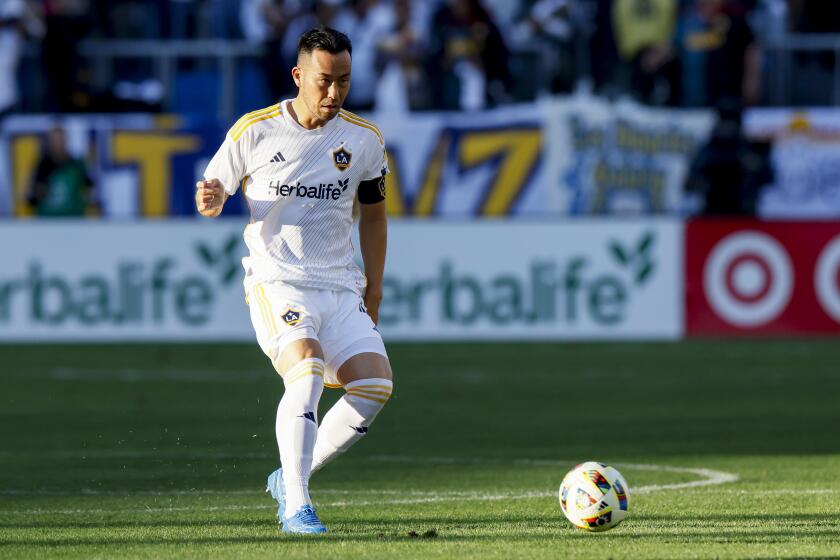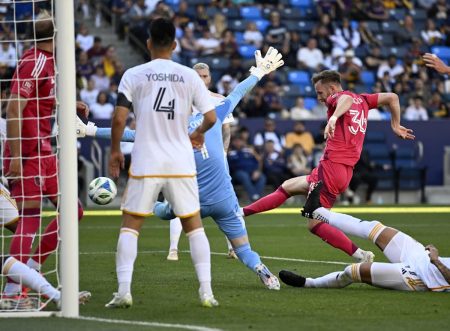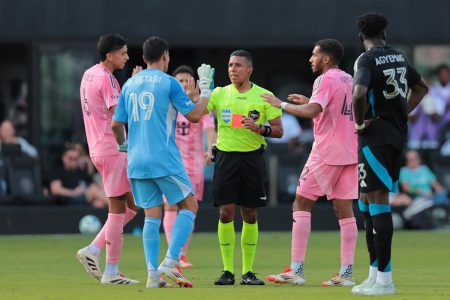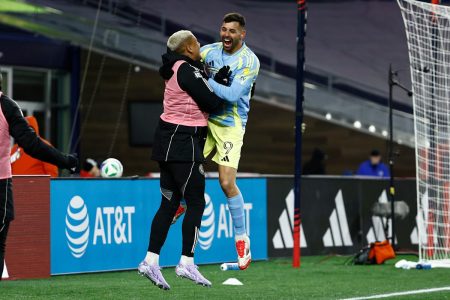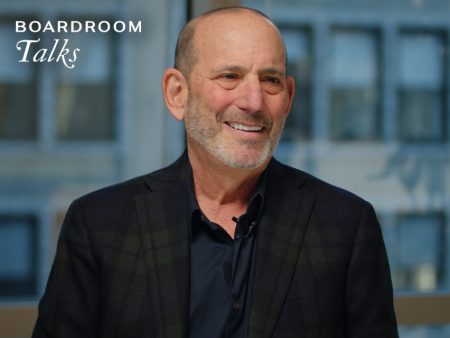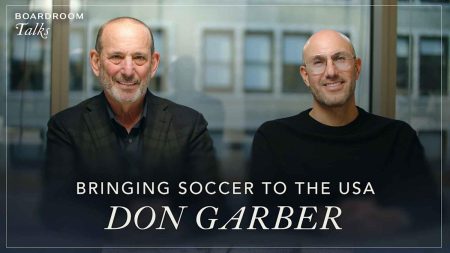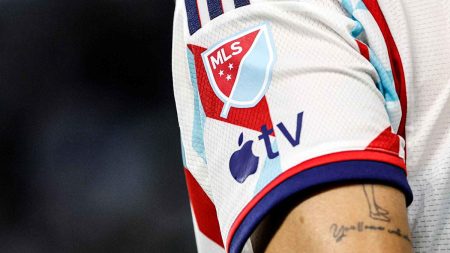Maya Yoshida: A Pillar of Resilience
Galaxy captain Maya Yoshida played more minutes in the regular season and playoffs than any other player in Major League Soccer (MLS) on his way to securing the MLS Cup. A stalwart for the Galaxy, Yoshida led the team in both starts and minutes played last season, culminating in a grueling campaign that ended with a well-deserved championship. At 36, Yoshida’s determination and physicality were remarkable, making his season one of the most impressive in the franchise’s history. However, despite his invaluable contributions, Yoshida faced a surprising and disheartening turn of events when he was offered a pay cut. "That’s bulls—," he commented, expressing his frustration and disbelief.
The Salary Conundrum
Yoshida’s base salary was $800,000 last season, placing him below six of his teammates in terms of compensation. While he wouldn’t disclose the exact amount of his pay cut, it was significant enough to deeply affect the pride of a player who has represented his country in three Olympics and three World Cups, and has logged nearly 300 starts in Europe’s top leagues. He described the situation as "very unfair," highlighting the contradiction in being a champion and then facing a salary reduction. Yoshida’s dissatisfaction isn’t directed solely at the Galaxy; he reserves his harshest criticism for the league’s rigid salary cap and complex roster rules, which he believes stifle the ability to reward excellence.
The Liga’s Limitations
The stringent salary cap and roster regulations in MLS create a challenging environment for teams trying to retain their best players. The Galaxy, champions of the 2024 season, found themselves in a difficult position this winter. General Manager Will Kuntz had to make tough decisions to fit under the 2025 salary cap, which includes a $5.95 million budget charge. To make the numbers work, the team had to trade several key players, including Jalen Neal, Mark Delgado, Gastón Brugman, and Dejan Joveljic. Kuntz described the situation as "a math problem, not a soccer problem," but Yoshida sees it differently. He argues that the league’s rules are not only unfair but are also hindering MLS’s growth and success.
A Global Perspective
Yoshida’s frustration extends beyond personal circumstances to the broader context of MLS’s competitiveness on the global stage. Unlike other American sports leagues, soccer faces intense competition from international leagues, where salaries and contracts are often much more lucrative. Yoshida points out that the Middle East and China have become popular destinations for players due to the financial opportunities they offer. "The better the contract, the player goes," he explains. "That’s how capitalism is, and I was thinking America was a very capitalist country." Yoshida believes that MLS needs to evolve financially to remain competitive, especially as interest in the league grows overseas. During his winter break in Japan, he noticed a significant spike in interest in MLS, indicating its rising popularity but also underscoring the need for better financial structures.
Family and Future
Despite the pay cut and the challenges he faces, Yoshida chose to return to the Galaxy for another season. His decision was influenced by several factors, the most significant being his daughter’s well-being. A grade-school-aged child who has moved frequently due to her father’s career, she has already changed schools multiple times. "I don’t want to change my daughter’s school," Yoshida explained. "The last couple of years she’s changed every one, two years to a new environment, which is very sad for her. She’s getting older." The Galaxy offered a two-year contract, which was crucial in ensuring stability for his family. This longer commitment also aligns with his personal goals, allowing him to remain in the U.S. through the 2026 World Cup and the 2028 Olympics, both significant events in the American sporting calendar.
Moving Forward
Yoshida’s return to the Galaxy is a testament to his commitment and resilience. While the pay cut is a bitter pill to swallow, he is focused on the long-term benefits of staying in the U.S. "It’s not bad for the future, having this kind of network, relationship, and experience in America," he said. Yoshida recognizes the need to diversify his income sources, given the financial constraints in MLS. "I need to earn money outside of soccer," he added, hinting at potential business ventures or other career opportunities. Despite the challenges, Yoshida remains a vital and respected figure in the Galaxy, and his presence will continue to inspire his teammates and supporters. His story is a poignant reminder of the sacrifices and complexities that come with pursuing a career in a league that is still finding its footing in the global soccer landscape.

